How do you know what type of electrical contractor is right for your project? Both commercial and residential electricians work on large projects but may specialize in different fields.
Today we are going to take a look at the different types of electricians and what you need to look for when in need of an electrician.
What are the Types of Electrical Contractors
Electricians can specialize in over 20 different areas based on training and experience. Some are more commonly employed than others and include,
- Residential electricians
- Commercial electricians
- Industrial electricians
- Automotive electricians
- Low voltage electrical specialists
While not all electricians are contractors, most choose to get additional training. It allows them to work on projects either with a contracting company or by themselves.
Differences Between Commercial and Residential Electricians
Here are the five primary differences between a commercial electrician and one that specializes in residential projects.
1. Types of Services Offered
Residential electricians ensure home electrical systems meet safety and industry compliance standards. They are also responsible for installation. Some of their additional responsibilities can include,
- Reading blueprints
- Servicing and maintaining fixtures and appliances
- Diagnosing and repairing electrical issues
- Inspecting residential electrical systems
- Rewiring
A commercial electrician performs the same tasks on a larger scale. They may also be responsible for getting the necessary electrical permits. Wiring control panels, machines, and systems are also a common part of their job.
2. Equipment and Electrical Supplies
Residences and commercial buildings use different types of power supplies. It means electricians use different equipment.
Most residences use single-phase systems with power ranging from 120V to 240V. In comparison, commercial structures typically have a three-phase system with a higher electrical load of around 120V up to 480V.
Electricians use thinner cables in residential applications. Commercial electrical systems require thicker cables with insulation and sheathing to protect against the higher voltage and current flow. Commercial electrical systems are also more accessible to ensure minimal interruption to daily business.
Would you know if your commercial facility needed an electrical upgrade? Do you know the warning signs your electrical system is in need of some TLC. Learn what to be on the lookout for in our latest blog; Knowing When your commercial Building Needs an Electrical Upgrade.
3. Technical Skill Requirements
Commercial and residential electricians get the same training at the start of their careers. However, commercial electricians will continue with their training to ensure their safety and knowledge of more complex systems. It can be up to an additional 4,000 hours of on-the-job training before they are ready to tackle large projects without supervision.
Certification for electricians can also vary at the state level. Some may be required to undergo additional training.
4. Electrical Project Size – Residential vs. Commercial
Commercial electrical projects are typically larger than residential ones. These projects take more time, skill, and labor to complete on time. While commercial electricians do work on some residential projects, typically estates or apartment buildings, residential electricians are limited to where they can work.
It means commercial electricians have a larger job market than those that work solely on smaller residential projects.
There are common electrical problems that are typically found in commercial buildings. But not to worry, as a national electrical service provider, Action Services Group is here to help!
5. Compliance and Regulations
Residential and commercial electricians both adhere to strict regulations and compliance standards that cover everything from who is qualified for the project to the equipment used. However, the standards are noticeably stricter for commercial electricians.
Electrical contracts also follow mandated guidelines. These types of electricians are certified at the state or city level and typically work on projects that call for the experience of a master electrician.
Our Commercial Electrical Contractors
Action Services Group is a national electrical service and electrical project management company with a fully turnkey national footprint. With a database of over 2600 electricians, and an electrical project management team, we can facilitate all of your electrical needs.
To talk to one of our electrical service and project management professionals call us at 610-558-9773, email [email protected] or schedule a call that fits your needs by clicking the button below.



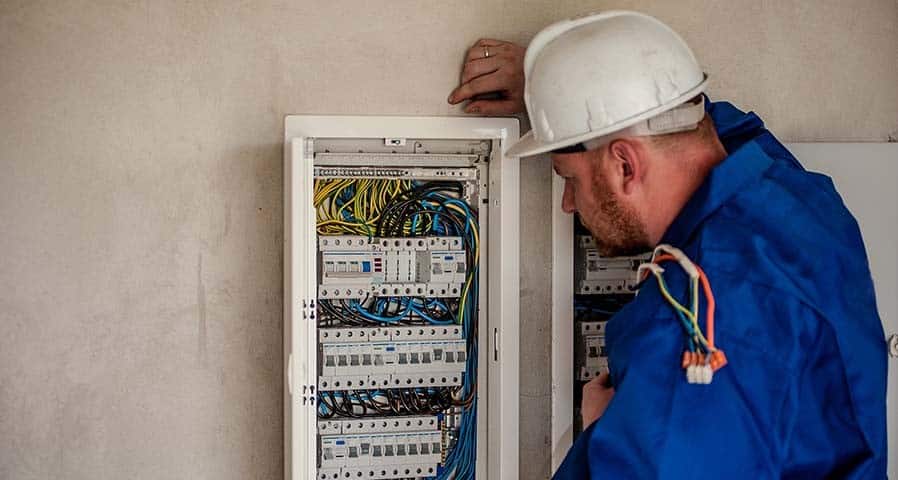
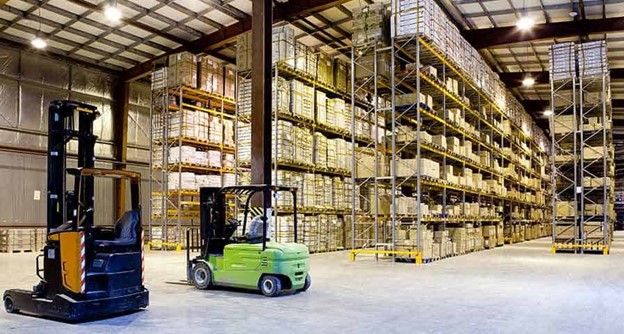
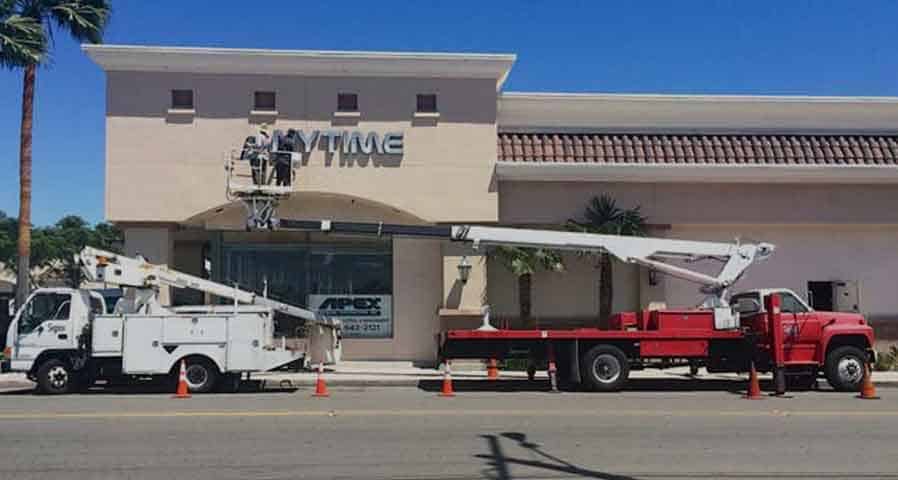


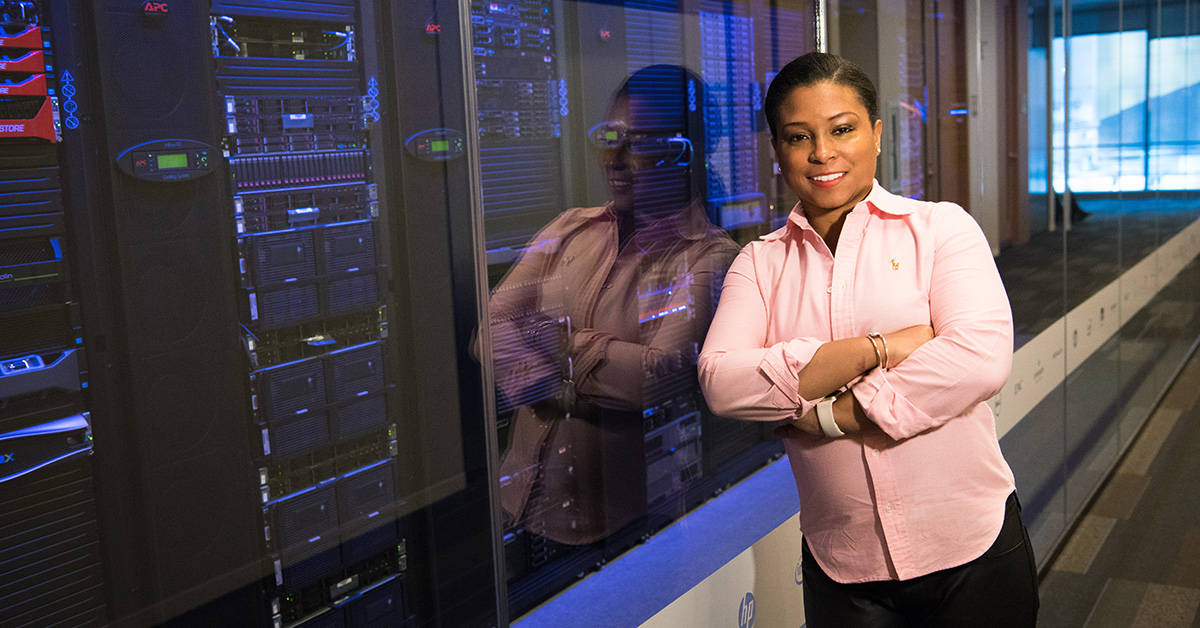







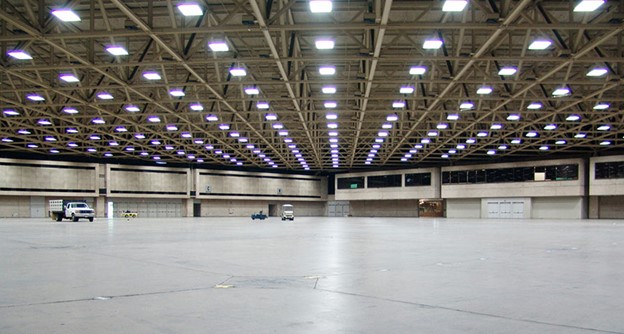




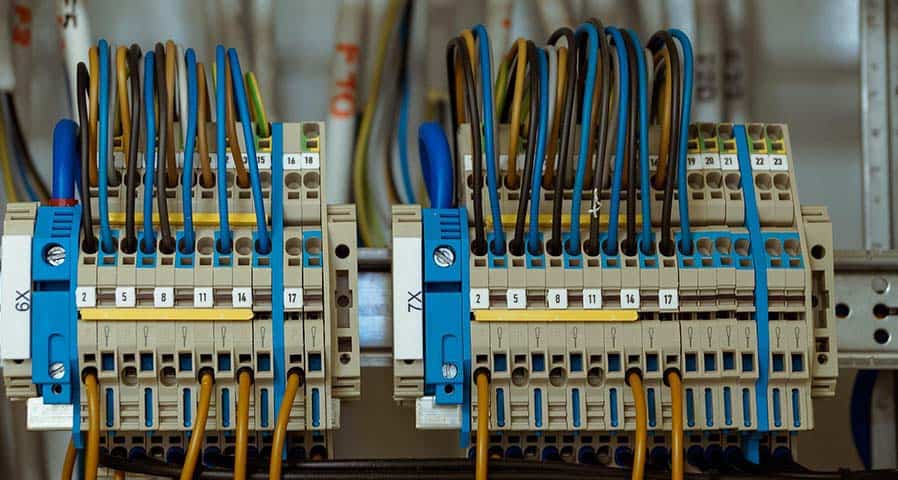



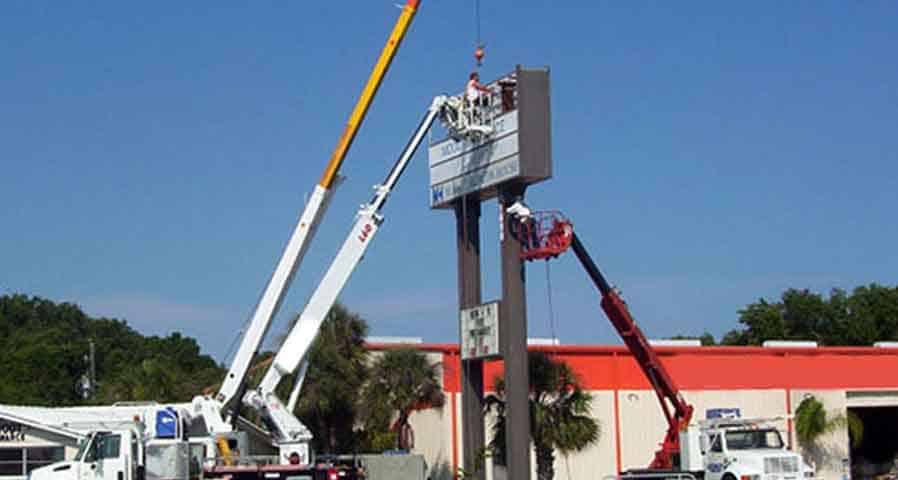

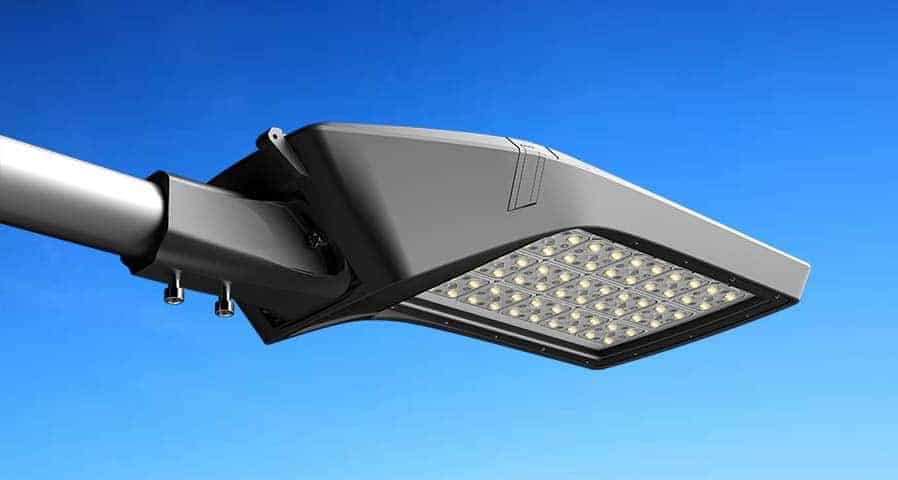
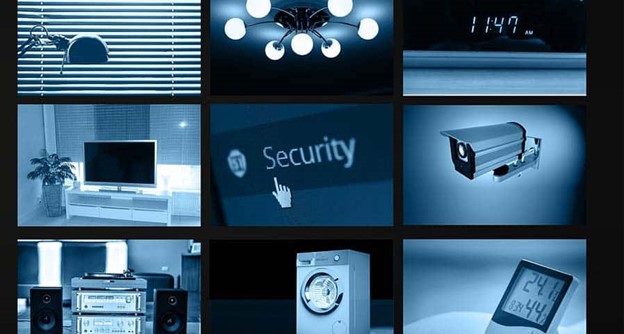
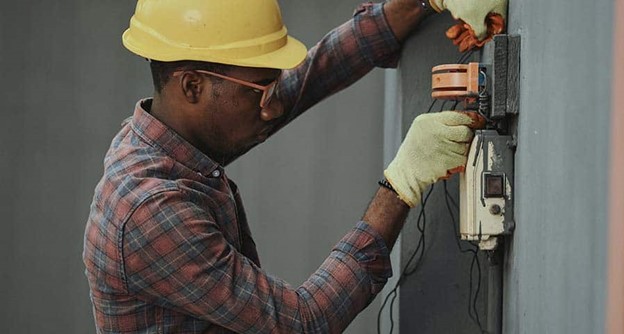
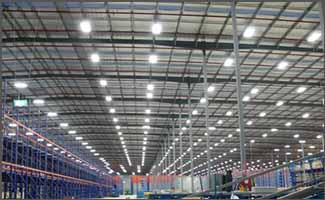
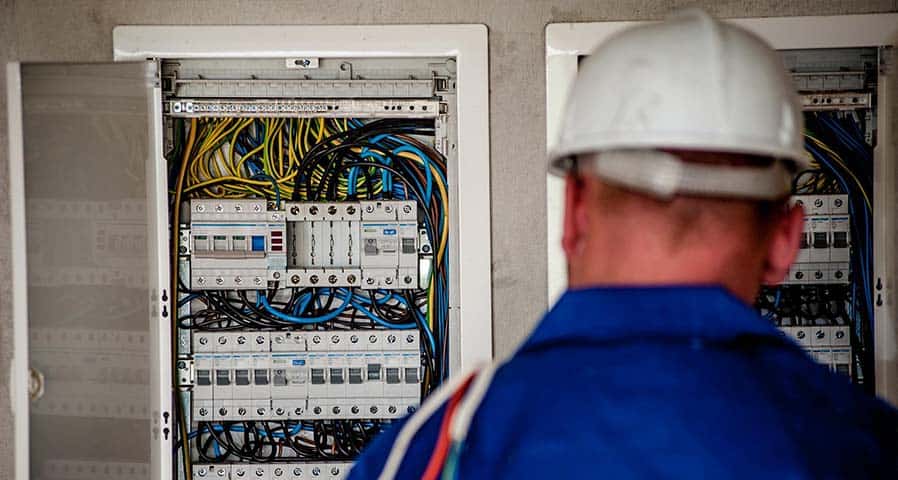






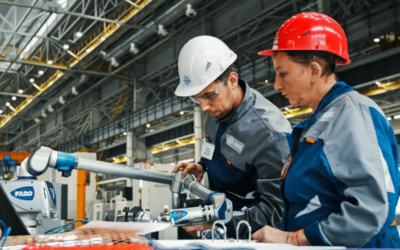
It really interests me to read such articles, thanks for sharing. Blogs like yours and info really https://tsca.com.ph/ helps me learn more day by day.
Great Blog! Thanks for sharing this awesome knowledge with us. Field Promax is also one of the best Electrical Service Management Software. To know more please visit – http://fieldpromax.com/
Great article! Choosing the right electrical contractor for your facility is crucial for ensuring that your electrical systems are installed and maintained correctly, efficiently, and safely. It is essential to look for an experienced and reputable electrical contractor who has the expertise and resources to handle your facility’s specific electrical needs. Some factors to consider when choosing an electrical contractor include their licensing, certifications, insurance, and track record of successful projects. Additionally, it’s essential to choose a contractor who values communication and is responsive to your needs and concerns. By taking the time to select the right electrical contractor for your facility, you can ensure that your electrical systems operate reliably and safely and that any issues are promptly addressed by a trusted professional.